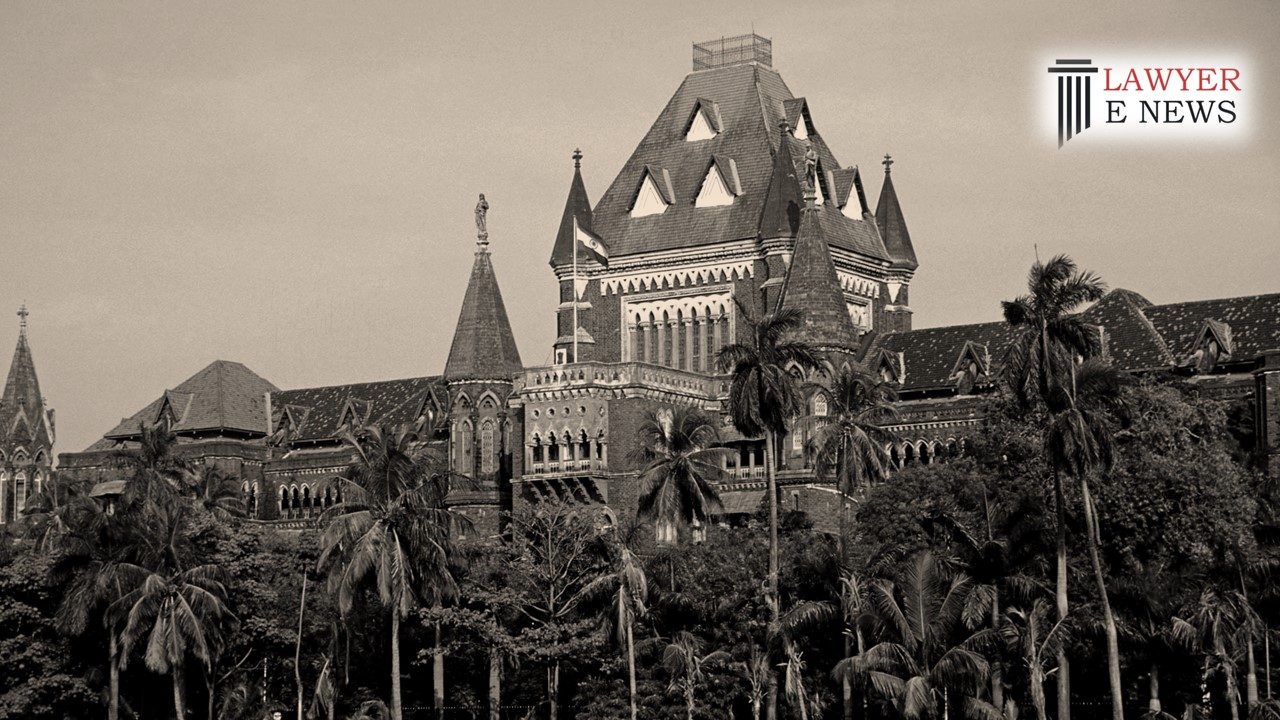-
by Admin
15 February 2026 5:35 AM



In a significant decision, the Bombay High Court’s Nagpur Bench has ordered the postponement of elections for the Sarpanch post in Kandli village, amid serious allegations of financial misconduct against the previously elected officials. The court, presided over by Justice Urmila Joshi-Phalke, emphasized the necessity of maintaining administrative oversight to avert any further financial misappropriation until a final decision is rendered by the Additional Commissioner.
The controversy stems from the 2021 elections where respondents Savita Dashrath Aahake and Dilip @ Ganga Nimichand Dhandare were elected as Sarpanch and Upsarpanch respectively. Allegations of financial irregularities and misuse of power were brought against them by petitioner Sau. Sushma Bharat Thorat. Following a detailed inquiry by the Assistant Block Development Officer, which confirmed the allegations, the petitioner sought the removal of the accused officials.
Central to the petitioners’ argument is Section 39(4) of the Maharashtra Village Panchayat Act, 1958, which mandates a two-month period for deciding such applications. However, despite the elapse of this period, no decision had been made, raising concerns about administrative delay and the potential for ongoing financial misconduct. “The authority is expected to decide the application in a time-bound manner, which has not been done,” the court noted.
Given the gravity of the allegations, the court granted interim relief to the petitioners. This involved maintaining the charge of the Sarpanch with the Administrator until the Additional Commissioner reaches a final decision. Justice Joshi-Phalke stated, “Considering the allegations which are severe in nature, it would be in the interest of justice to continue the charge of the post of Sarpanch with the Administrator.”
The court’s decision underscores the importance of timely and decisive administrative actions in the face of serious allegations. The judgment emphasized that the prevention of further financial irregularities is paramount, particularly when the credibility of the elected officials is in question. The court also highlighted the necessity of adhering to statutory timelines to ensure justice and prevent administrative paralysis.
Justice Urmila Joshi-Phalke remarked, “In view of the severe nature of the allegations and to prevent further financial irregularities, it is imperative to maintain the charge of the Sarpanch with the Administrator.”
The Bombay High Court’s interim order halting the Sarpanch election in Kandli village is a critical step towards ensuring accountability and preventing further misuse of power. By emphasizing the need for strict adherence to statutory deadlines and maintaining administrative control in the interim, the judgment reinforces the judicial commitment to uphold transparency and integrity in local governance. This decision is likely to have a significant impact on how similar cases are handled in the future, promoting a more stringent approach to allegations of financial misconduct in public office.
Date of Decision: 21st May 2024
Sau. Sushma Bharat Thorat and Another Vs. Additional Commissioner, Amravati and Others
